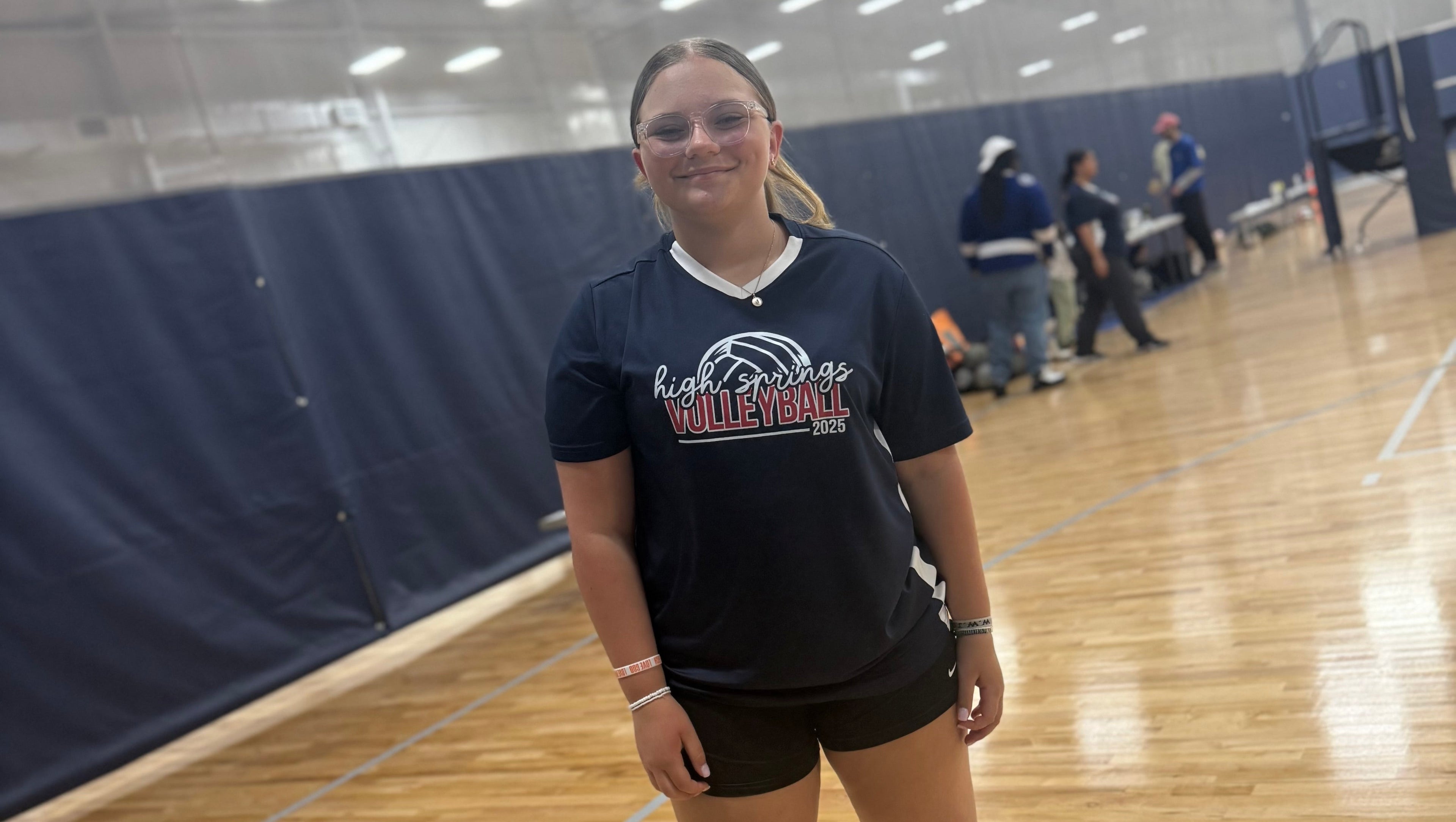Let me just start by saying… raising a teenager is already one heck of a wild ride.
The attitude. The hormones. The backtalk that comes out of nowhere. The “you just don’t get it” energy that shows up over the “you need to take your meds arguement” or missing earbuds. It’s a season of growth, change, and constant emotional ping-pong.
Now add on not just one—but two rare chronic illnesses.
Add in daily medications, airway clearance, doctors across multiple states, and a body that doesn’t work like most kids’ do.
And to top it off, add in the fact that we’re doing all this while homeschooling and living full-time in a 44ft fifth wheel RV—traveling the country, chasing experiences, and trying to make the most out of a life that often feels anything but “typical.”
Yeah. It’s a lot.
My daughter lives with Primary Ciliary Dyskinesia and Atypical Cystic Fibrosis—both rare, both misunderstood, and both a daily battle. There are no clear guidelines for how to parent through these conditions. No universal support groups. No cookie-cutter plans. Just a whole lot of figuring it out as we go.
And as she gets older, the layers just keep adding on.
Because she’s not just a patient.
She’s a teenager too.
A teenager who wants independence.
Who wants to be seen for more than her medical chart.
Who rolls her eyes when I remind her to take her meds, and who wishes she didn’t have to plan her day around treatments. A teenager who wants to experience life as those around her and mostly she can but there are times she can’t and those times are tough.
A teenager who wants to play sports and go to church camp without having to explain her situation to everyone or hand in a two page list of medications.
She wants freedom—but she also needs structure.
She wants to live like her peers—but her body demands rest.
She wants space—but I’m terrified of giving too much, of missing something important, of not protecting her enough.
It’s a constant balancing act between letting go and holding on.
Between giving her the room to grow and making sure she’s still cared for.
And honestly? It’s one of the hardest, most exhausting parts of motherhood I’ve ever experienced. Everyday I feel tested.
Some days we laugh until we cry in our tiny RV kitchen.
Other days we both cry for real—out of frustration, out of exhaustion, or because it’s just hard.
And while traveling full-time has been a gift in many ways—it gives us flexibility, unforgettable adventures, and time together—it also brings its own challenges. I’ve given meds in Walmart parking lots, done schoolwork in ER waiting rooms, and navigated the health care system in more states than I can count.
But somehow… we keep going.
She keeps fighting.
And I keep showing up, even on the days I don’t feel strong.
Because at the end of the day, parenting a medically complex teenager isn’t about having all the answers—it’s about loving hard through the unknowns. It’s about choosing patience when you feel like screaming. It’s about being the safe space when everything else feels out of control. It’s about being there…just being there and making sure she knows that I’ll always be there for her no matter how old she is.
If you’re reading this and you’re walking a similar road—whether it’s rare disease parenting, homeschooling through health struggles, or just raising a teen who tests your every limit—please hear me:
You are not alone.
You are not weak because you’re tired.
You are not failing just because you don’t have it all figured out.
You are the expert in your child.
You are the constant in their ever-changing world.
You are the calm in their storm, even if it doesn’t always feel that way.
We may live a little differently than most…
But maybe different is exactly what our kids need.
And maybe, just maybe, we’re doing a better job than we give ourselves credit for.
With grace, grit, and a whole lot of coffee & sweet tea,
💛 Kursti
Breath In Bloom Collective

0 comments